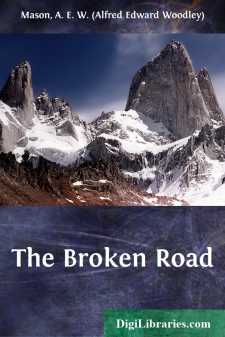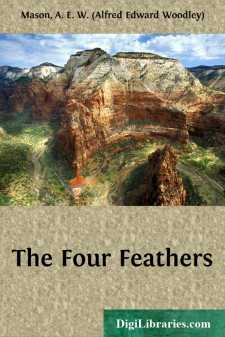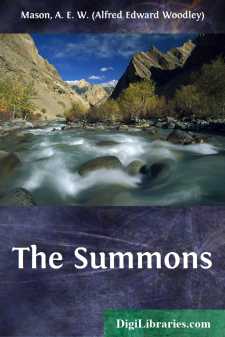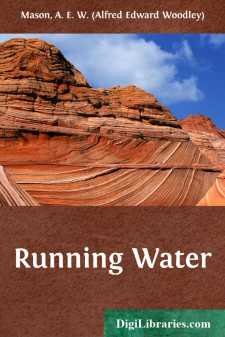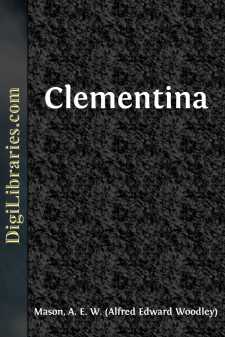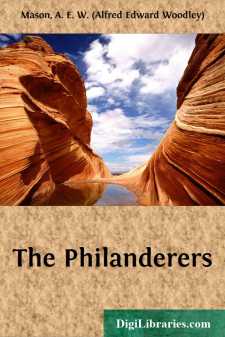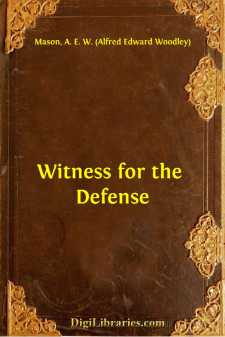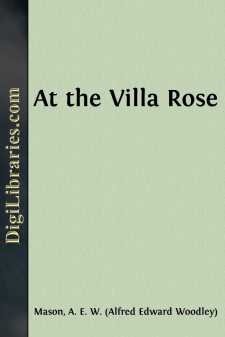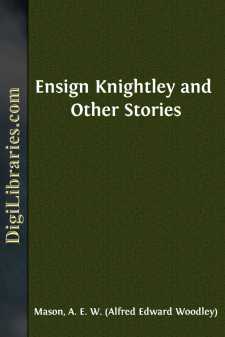Categories
- Antiques & Collectibles 13
- Architecture 36
- Art 48
- Bibles 22
- Biography & Autobiography 813
- Body, Mind & Spirit 142
- Business & Economics 28
- Children's Books 14
- Children's Fiction 11
- Computers 4
- Cooking 94
- Crafts & Hobbies 4
- Drama 346
- Education 46
- Family & Relationships 57
- Fiction 11829
- Games 19
- Gardening 17
- Health & Fitness 34
- History 1377
- House & Home 1
- Humor 147
- Juvenile Fiction 1873
- Juvenile Nonfiction 202
- Language Arts & Disciplines 88
- Law 16
- Literary Collections 686
- Literary Criticism 179
- Mathematics 13
- Medical 41
- Music 40
- Nature 179
- Non-Classifiable 1768
- Performing Arts 7
- Periodicals 1453
- Philosophy 64
- Photography 2
- Poetry 896
- Political Science 203
- Psychology 42
- Reference 154
- Religion 513
- Science 126
- Self-Help 84
- Social Science 81
- Sports & Recreation 34
- Study Aids 3
- Technology & Engineering 59
- Transportation 23
- Travel 463
- True Crime 29
The Broken Road
Description:
Excerpt
CHAPTER I
THE BREAKING OF THE ROAD
It was the Road which caused the trouble. It usually is the road. That and a reigning prince who was declared by his uncle secretly to have sold his country to the British, and a half-crazed priest from out beyond the borders of Afghanistan, who sat on a slab of stone by the river-bank and preached a djehad. But above all it was the road—Linforth's road. It came winding down from the passes, over slopes of shale; it was built with wooden galleries along the precipitous sides of cliffs; it snaked treacherously further and further across the rich valley of Chiltistan towards the Hindu Kush, until the people of that valley could endure it no longer.
Then suddenly from Peshawur the wires began to flash their quiet and ominous messages. The road had been cut behind Linforth and his coolies. No news had come from him. No supplies could reach him. Luffe, who was in the country to the east of Chiltistan, had been informed. He had gathered together what troops he could lay his hands on and had already started over the eastern passes to Linforth's relief. But it was believed that the whole province of Chiltistan had risen. Moreover it was winter-time and the passes were deep in snow. The news was telegraphed to England. Comfortable gentlemen read it in their first-class carriages as they travelled to the City and murmured to each other commonplaces about the price of empire. And in a house at the foot of the Sussex Downs Linforth's young wife leaned over the cot of her child with the tears streaming from her eyes, and thought of the road with no less horror than the people of Chiltistan. Meanwhile the great men in Calcutta began to mobilise a field force at Nowshera, and all official India said uneasily, "Thank Heaven, Luffe's on the spot."
Charles Luffe had long since abandoned the army for the political service, and, indeed, he was fast approaching the time-limit of his career. He was a man of breadth and height, but rather heavy and dull of feature, with a worn face and a bald forehead. He had made enemies, and still made them, for he had not the art of suffering fools gladly; and, on the other hand, he made no friends. He had no sense of humour and no general information. He was, therefore, of no assistance at a dinner-party, but when there was trouble upon the Frontier, or beyond it, he was usually found to be the chief agent in the settlement.
Luffe alone had foreseen and given warning of the danger. Even Linforth, who was actually superintending the making of the road, had been kept in ignorance. At times, indeed, some spokesman from among the merchants of Kohara, the city of Chiltistan where year by year the caravans from Central Asia met the caravans from Central India, would come to his tent and expostulate.
"We are better without the road, your Excellency. Will you kindly stop it!" the merchant would say; and Linforth would then proceed to demonstrate how extremely valuable to the people of Chiltistan a better road would be:
"Kohara is already a great mart....


